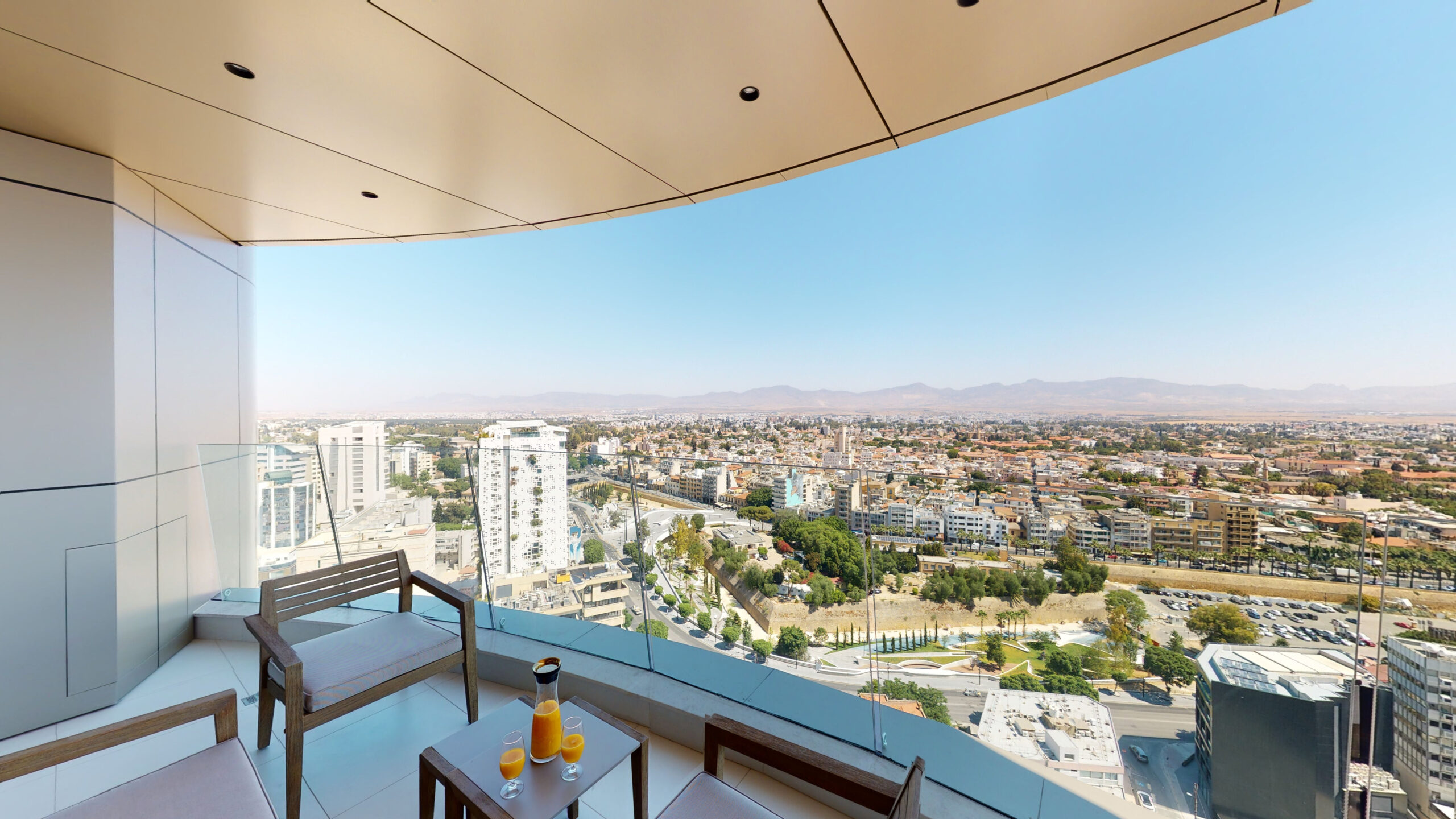In the Special Theory of Relativity, Einstein determined that time is relative—in other words, the rate at which time passes depends on your frame of reference.
My grandmother Marina used to tell me that time speeds up as you get older because every day that passes is progressively a smaller increment to the time that has already passed.
Not sure if Marina’s explanation can be considered an extension of the Special Theory of Relativity, but she always had a way of contextualising things, so they made sense.
And as any parent will tell you, changing diapers seems like an eternity, but when their kids start walking, they grow up much faster.
Real estate has similar issues.
A well-designed building has a way of sustaining its uniqueness and quality over time.
Think of the Pantheon in Rome; constructed in 125 AD, its gigantic dome was the largest in the world for 1300 years and remained the largest unsupported dome in the world.
In contrast, look at some of the residential buildings constructed over the past 10 to 15 years, where finishes are already flaking, suffer from water damage/ moisture build-up, and have aged like Lambada’s CD single.
Going beyond design and construction quality, a building is primarily there to serve a purpose, e.g., to house a family, to offer a place for collaboration, and to store items.
As these needs change over time, the building needs to be able to adapt to them.
For example, a young family will require more storage as kids grow older, separate rooms for each child as they blossom into their teenage years, and more ergonomically designed staircases as parents age.
There are two ways to solve these adaptability problems.
You either move residence at each stage of your life (start in an apartment, move to the outskirts in a house with a garden, and move back to an apartment in the city centre to be close to amenities when you are older).
Or you already build/ buy a building with this flexibility and knock down walls, moving things around as your life changes.
In the USA, the first is the prevailing norm. In Northern Europe, it’s a mixture of the two.
In South-eastern Europe, we are building houses akin to the Pantheon that will last a thousand years (albeit their roofs tend to leak).
There are three important points here.
Firstly, your home is not an investment.
Invest in you
You have chosen to buy it because you have put your feelings of wanting to own something above the added value of having the necessary flexibility to pursue career goals across geographies.
You have chosen the specific property based on what you like right now, without thinking about your needs over the long term.
Secondly, in the same way that your life will change, so will the wants and needs of your children.
Marina used to invite her friends over for tea, and the entire family would gather for long lunches over the weekend.
My parents have two living rooms, where no “living” had happened in one of them for four decades due to my mother working and being fearful of staining the white couches (the exception being a small pee stain at the edge of the carpet when the dog snuck in, but there is a strategically placed chair hiding it).
Parents often find out that their children don’t want their houses because they are too big or too costly to run.
Thirdly, at the start of your career, your major investment should be in you, not bricks.
Whilst this shifts over time, at the start of your career, your main focus should be training, networking, and having the flexibility to pursue opportunities without having inflexible assets tying you down.
According to the World Bank, the life expectancy of a person born in 1979 in Cyprus is 75 years old and in Greece, 73.
Those born in 2000 have a life expectancy of 78 years in both countries.
The average number of jobs someone is expected to have over their working lives is 14, i.e., one every 2-4 years.
That means that you will need to keep on training and reinventing yourself 14 separate times to stay competitive against people younger than your kids and probably across geographies.
George Burns, the US comedian, said that “Growing old happens. Growing up is optional.”
Buildings need to be able to adapt to your needs, as these change and evolve over the long term.
Flexibility is key, especially in the earlier part of your professional life when you are your main asset.
As you progressively grow older and time speeds up, these needs will change again.
Live long and prosper.
By Pavlos Loizou, CEO Ask Wire









